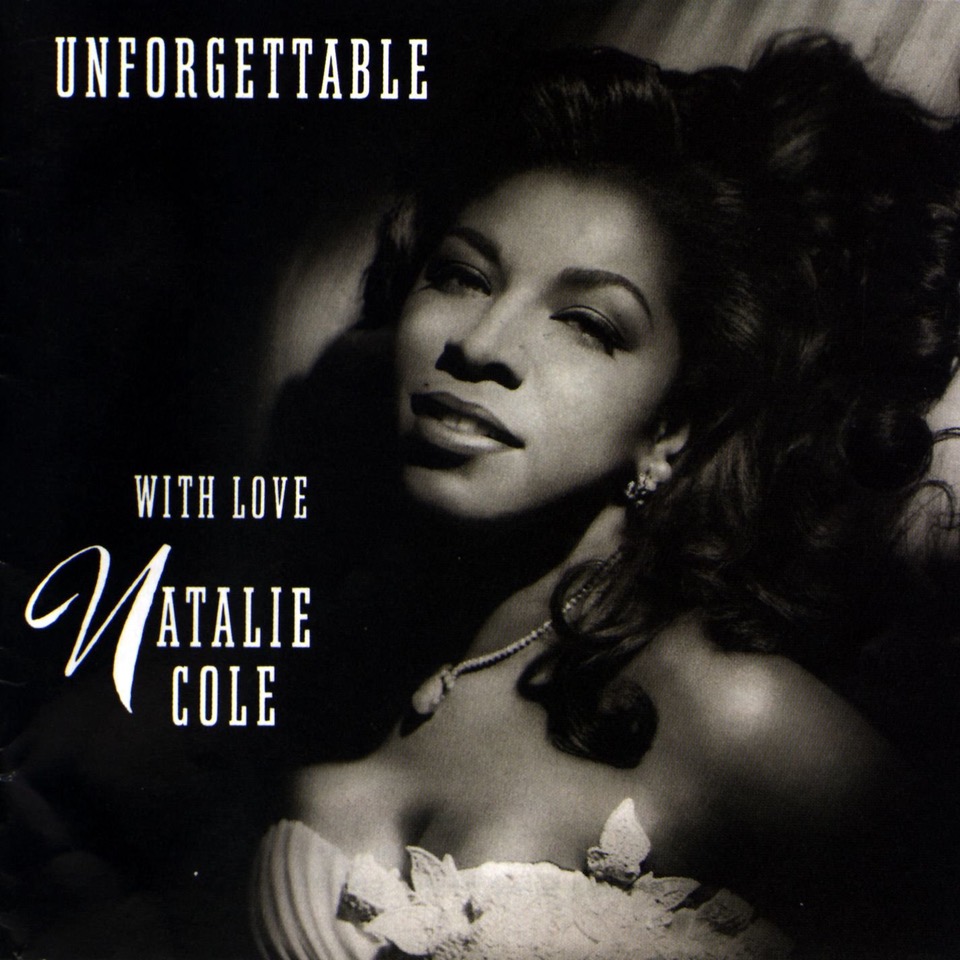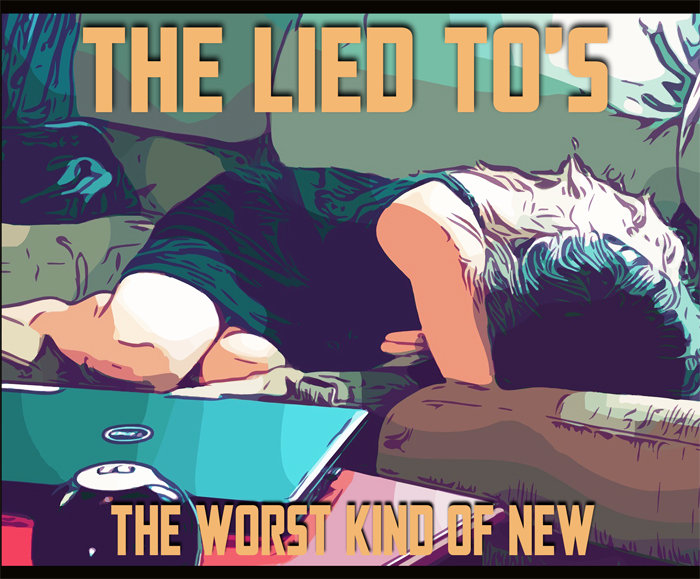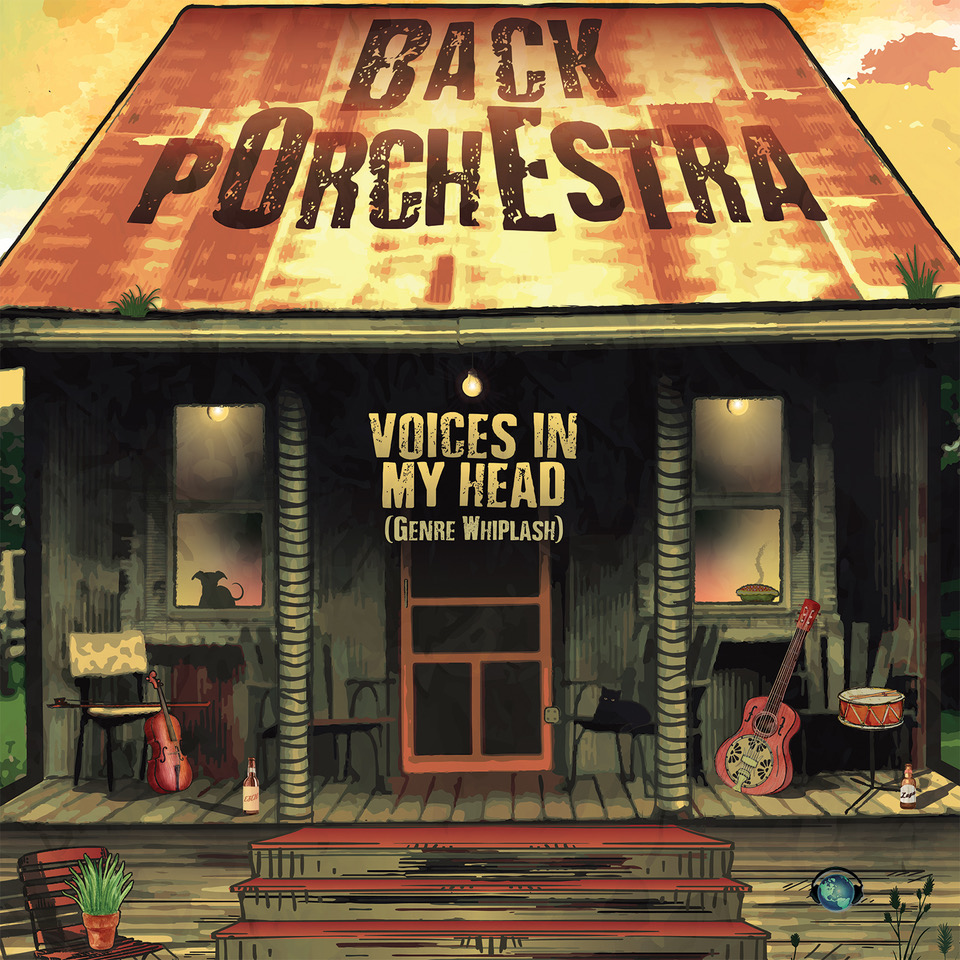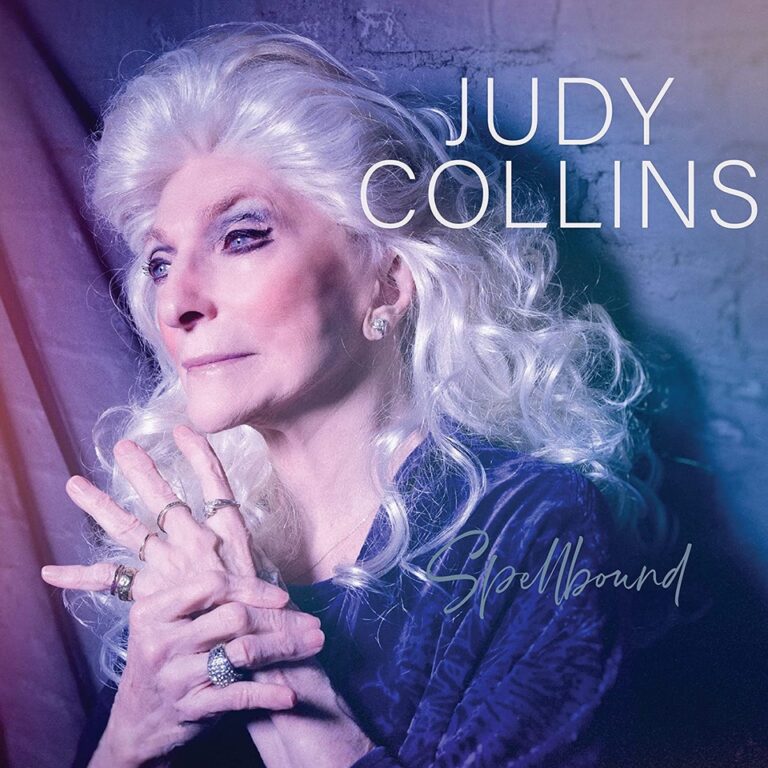Judy Collins, Spellbound. During Judy Collins’s recording career, which has produced 55 albums and spanned more than half a century, she has been best known for her covers of songs by other artists, such as Joni Mitchell and Leonard Cohen. Over the years, however, she has offered a variety of excellent self-penned tunes – “Born to the Breed” and the exquisite “My Father,” to name a few. It’s surprising, therefore, that Spellbound – issued this month by the now 82-year-old singer – constitutes the first all-originals collection she has ever released.
The record, Collins’s sixth in as many years, suggests she should have listened more to Cohen when he heard her version of his “Suzanne” and asked her, “Why aren’t you writing your own songs?” Her crystal-clear voice is as strong as ever here, and the soothing 13-track program, which employs lots of piano and strings, underscores her composing talents. A few more upbeat numbers – something along the lines of the early “Someday Soon” – might have helped to balance out the predominantly contemplative, moody material. That said, there’s not a bad track on the album, which draws heavily on the experiences of Collins’s own life.
Several of the songs reference her early years in the Centennial State, including “When I Was a Girl in Colorado”; “Grand Canyon”; “Hell on Wheels,” which describes a near-disastrous drunk-driving experience Collins had at age 17; and “The Blizzard (The Colorado Song),” which she actually wrote in Connecticut. (This last number, which previously appeared on 1990’s Fires of Eden, is the only one on Spellbound that she didn’t compose recently.) There are also two tunes about life in New York, Collins’s home for almost 60 years: “City of Awakening,” which she wrote during the pandemic, and “So Alive,” which she addresses to an unnamed lover and peppers with references to Greenwich Village in the 1960s.

Natalie Cole, Unforgettable…with Love (30th Anniversary Edition). Prior to the recording of this album, the music of the late Natalie Cole sounded reminiscent of the R&B of her era and artists like Aretha Franklin and Chaka Khan. But in June 1991, she did a U-turn, delivering a collection of jazz-inflected pop standards that had also been recorded decades earlier by her father, the great Nat King Cole. The result, which features piano by her uncle, Ike Cole, sold seven million copies in the U.S. alone and won seven Grammys, including Album of the Year. This 30th anniversary edition adds new liner notes, remastered audio, and a pair of single B sides: “Cottage for Sale” and Mark Gordon and Harry Warren’s classic “At Last.”
Earlier in her career, Natalie had eschewed her dad’s music, but these warm, easy-to-like performances make clear that her appreciation of his work grew over time. Though the 24-track program embraces one of Nat King Cole’s Top 10 pop hits, “Darling, Je Vous Aime Beaucoup,” it mostly skips his biggest commercial successes in favor of other songs that have become associated with him, including “Route 66” and “Mona Lisa” as well as such American Songbook highlights as “The Very Thought of You,” “Paper Moon,” and “Don’t Get Around Much Anymore.”
On the title cut, which gave Natalie a hit single, she duets with the voice of her late father, which is dubbed from a 1951 recording. You can call that a gimmick but it sure sounds good.

Tone of Voice Orchestra, Tone of Voice Orchestra. The Copenhagen, Denmark–based Tone of Voice Orchestra is the brainchild of Fredrik Lundin, a veteran of the Scandinavian jazz scene, and Trinelise Vering, a singer, composer, and lyricist with roots in jazz, indie-pop, and rock.
You don’t have to venture beyond “He Loves Her for It,” the opening track of the 10-member group’s debut album, to know you’re in for something unusual. The song begins with a minute-long bagpipe solo before introducing percussion, vocals that sound like the work of an updated Mamas and Papas, and finally a jazzy sax break.
The rest of the album – which features more sax plus such instruments as fiddle, hurdy-gurdy, flute, and double bass – is just as adventurous and full of surprises. Not everything works, but there are more than enough winners here to make you want to stay tuned for whatever Tone of Voice Orchestra does next.

The Lied To’s, The Worst Kind of New. This is the third Americana album from Doug Kwartler and Susan Levine, a romantic and musical duo who derived their group name from a line in the Everly Brothers’ “When Will I Be Loved.” The program, which ends with a couple of live tracks, includes a half-dozen songs each by Kwartler and Levine, plus excellent covers of “Long Way Home,” by Tom Waits and his wife, Kathleen Brennan; and “Clay Pigeons,” by the late country singer/songwriter Blaze Foley.
Many of these numbers draw on personal experiences, such as the deaths of Levine’s mother (“Midnight Kiss”) and Kwartler’s father (“Long Lonesome Road”), but you don’t have to know what inspired the music to appreciate it. Both Levine and Kwartler are talented writers and singers, and this well-balanced collection of ballads and up-tempo country-rockers includes more than a few standouts.

Back pOrchEstra, Voices in My Head (Genre Whiplash). Health insurance doesn’t cover “genre whiplash,” so don’t buy this excellent album if you’re not open to a program that has roots in country and blues but zigzags all over the musical map. This largely acoustic string band – which formed on the West Coast during the pandemic – evokes artists from multiple decades over the last century and embraces everything from indie-rock and Americana to Celtic, Motown, and Western swing.
Producer and group founder Tim Eschliman, who has recorded and toured with such acts as Commander Cody and Jesse Colin Young, wrote six of the 11 tracks; the remainder of the set includes bluesman Jimmy Reed’s “Goin’ to New York”; “Allons A Lafayette,” a Cajun number that dates from 1928; “Star of the County Down,” an Irish tune; “Goin’ Down the Road Feelin’ Bad,” whose history predates the Grateful Dead by many decades; and Fats Waller’s “(Take Me Back to the) Wide Open Places.” If you need a reference point, look to bands like Dan Hicks and His Hot Licks and Asleep at the Wheel, whose records also draw on disparate sources.
Jeff Burger’s website, byjeffburger.com, contains more than four decades’ worth of music reviews and commentary. His books include Dylan on Dylan: Interviews and Encounters, Lennon on Lennon: Conversations with John Lennon, Leonard Cohen on Leonard Cohen: Interviews and Encounters, and Springsteen on Springsteen: Interviews, Speeches, and Encounters.



